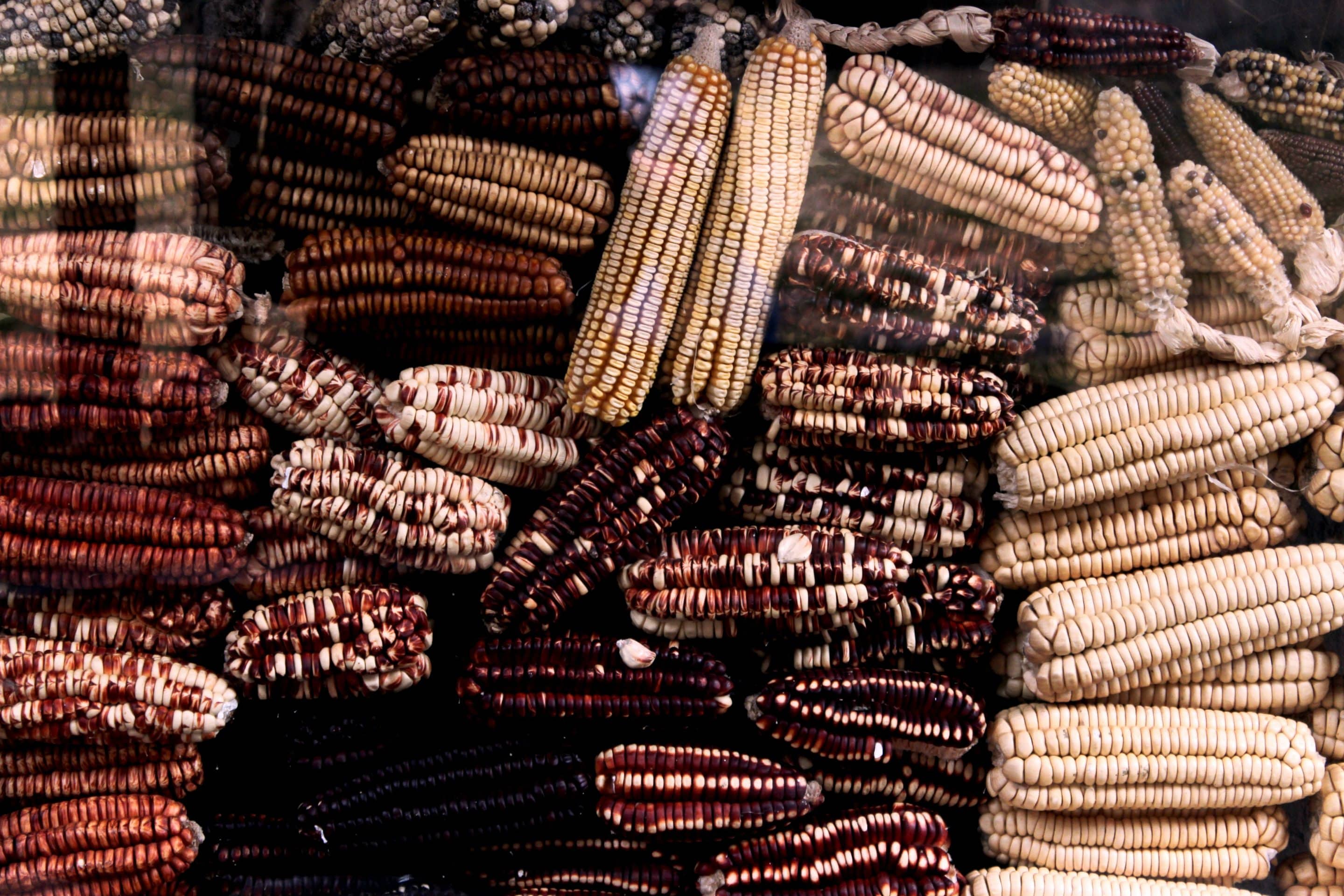Indigenous food sovereignty stands as a critical pillar in the struggle for self-determination and cultural preservation among Indigenous communities worldwide. Rooted in the profound connection between land, culture, and sustenance, this concept embodies the right of Indigenous peoples to define their own food systems, free from external interference. Scholars and activists like Vandana Shiva and Winona LaDuke have played instrumental roles in articulating the importance of Indigenous food sovereignty, emphasizing its role in fostering sustainable practices, biodiversity conservation, and cultural resilience.
Vandana Shiva’s Perspective: Resisting Corporate Control
Vandana Shiva, an environmental activist, scholar, and author, has been a staunch advocate for seed sovereignty and the protection of Indigenous knowledge systems. She highlights the encroachment of agribusiness giants and the threat they pose to traditional food systems. Shiva argues that the commodification of seeds and the imposition of genetically modified organisms (GMOs) infringe upon the rights of Indigenous communities to save, exchange, and cultivate their traditional seeds, limiting biodiversity for future generations.
In the context of Indigenous food sovereignty, Shiva emphasizes the significance of seed sovereignty as a means of reclaiming control over the food production process. When Indigenous communities have the autonomy to safeguard and share their native seeds, they simultaneously protect their biodiversity and cultural heritage. Shiva’s work underscores the importance of resisting corporate control to ensure that Indigenous peoples can maintain their traditional agricultural practices.
In her book, Reclaiming the Commons: Biodiversity, Indigenous Knowledge, and the Rights of Mother Earth, Shiva explores the ways in which Indigenous and traditional communities do not see themselves as separate from the natural world, with Western culture only just catching up to this understanding. She writes, “What our Indigenous communities already embodied in their worldview of the commons as a way of life is now slowly being moved towards by the rest of the world. In gradually tracing our way back we are walking forward into a future embracing that liminality and inseparability between the communities and their common resources. Between us and our environment.”
Winona LaDuke’s Advocacy: Land as the Foundation
Winona LaDuke, an Anishinaabe activist and environmentalist, has been a prominent voice in the fight for Indigenous rights and sustainable development in North America. LaDuke places a particular emphasis on the centrality of land to Indigenous identity and food sovereignty. For many indigenous communities, land is not merely a resource; it is a sacred space intertwined with cultural practices, spirituality, and sustenance.
As LaDuke writes in Recovering the Sacred: The Power of Naming and Claiming, “The recovery of the people is tied to the recovery of food, since food itself is medicine: not only for the body, but for the soul, for the spiritual connection to history, ancestors, and the land.”
LaDuke contends that the loss of land and the degradation of natural resources disrupt Indigenous food systems, contributing to the erosion of cultural practices and community resilience. In her work, she advocates for policies that recognize and respect Indigenous land rights, enabling communities to manage their territories in ways that align with their cultural and ecological values.
The Interconnectedness of Food, Culture, and Ecology
The Indigenous Food Sovereignty movement aims to provide Indigenous communities with the ability to have autonomy over their own food systems, undoing the century-old colonialist food policies that have hampered their ability to control and determine their foodways.
Historically speaking, food insecurity for native peoples was largely caused by colonial encroachment upon their lands, the devastation of traditional fishing, hunting, and harvesting areas, the vulnerability of populations to diseases, and the resultant depletion of cultural knowledge. The United States’ historical colonial legacy has profoundly disrupted the ancestral relationship between Indigenous Peoples and their land-based food systems.
Indigenous food sovereignty includes creating access to healthy food options, integrating and sustaining ancestral farming and food practices, as well as cultivating a living relationship with the land, and reinforcing value systems that honor interconnection.
Attempts to assimilate the Indigenous peoples of North America into Euro-American society included calculated attempts to decimate Indigenous food supplies, and so the practice of food sovereignty is an act of healing.
Both Shiva and LaDuke highlight the interconnectedness of food, culture, and ecology within the framework of Indigenous food sovereignty. Indigenous food systems are not solely about sustenance; they are a manifestation of cultural identity and a repository of traditional knowledge passed down through generations. By protecting and revitalizing these food systems, Indigenous communities assert their right to maintain their distinct ways of life.
Furthermore, the emphasis on sustainable and regenerative agricultural practices inherent in Indigenous food sovereignty aligns with broader global efforts to combat climate change. Indigenous communities often serve as stewards of diverse ecosystems, promoting biodiversity and resilient agricultural methods that contribute to environmental conservation on a global scale.
Conclusion
Indigenous food sovereignty is a crucial element in the broader struggle for Indigenous rights and environmental justice. Vandana Shiva and Winona LaDuke’s work underscores the need to recognize and respect the autonomy of Indigenous communities in shaping their food systems. By safeguarding traditional seeds, reclaiming control over land, and promoting sustainable practices, Indigenous peoples assert their right to nourish their communities while preserving their ancestral heritage.
Photo by julian mora on Unsplash
